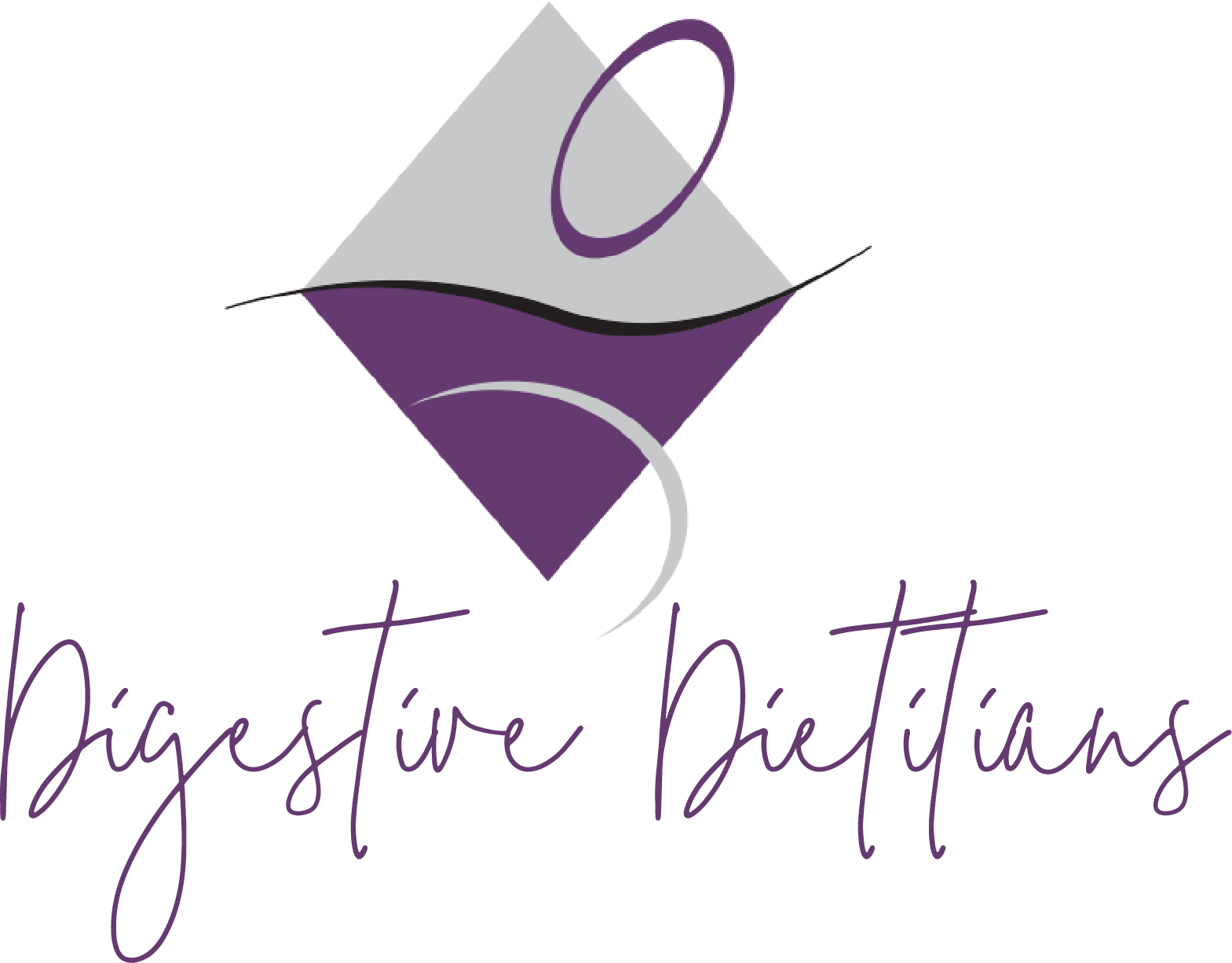
March marks Endometriosis Awareness month, so therefore we thought we would shed some light on the current evidence surrounding endometriosis and diet.
First of all, what is endometriosis? It is a condition affecting 1 in 9 women, where tissue that is normally found in the uterine lining is found growing around other organs, some of which include the ovaries, bowel and bladder. Some people have endometriosis and don’t have symptoms, however this buildup of abnormal tissue can cause infertility and pelvic pain. There are a number of different treatments for endometriosis, and often a combination of treatments can be used to help relieve symptoms.
There is no specific diet for endometriosis, and there is not currently a cure for endometriosis. Only a small number of studies have looked at dietary modifications to treat endometriosis. There has been preliminary research on the benefits of a Mediterranean diet, which has shown that it may help to reduce pain associated with periods, sexual intercourse and passing bowel motions in those who suffer from endometriosis. However, overall, further research is needed to more conclusively determine the role of diet in endometriosis.
Diagnosis can also take a considerable amount of time, as often symptoms overlap with other conditions, such as irritable bowel syndrome. Some of the symptoms that are common to both endometrosis and IBS include visceral hypersensitivity, alternating bowel habits and bloating. The only way to diagnose endometriosis is via laparoscopy. Some studies have found that women can have both endometriosis and IBS. In these women, trialling a low FODMAP diet may be beneficial to reduce gastrointestinal symptoms. As a low FODMAP diet should not be followed long-term, if you have endometriosis and IBS, advice should be sought from a dietitian for assistance with navigating this.
References:
https://www.ncbi.nlm.nih.gov/pmc/articles/PMC9983692/
https://www.monashfodmap.com/blog/endometriosis-and-ibs/
https://endometriosisaustralia.org/is-there-a-universal-diet-for-endometriosis/
https://www.ncbi.nlm.nih.gov/pmc/articles/PMC8677647/
